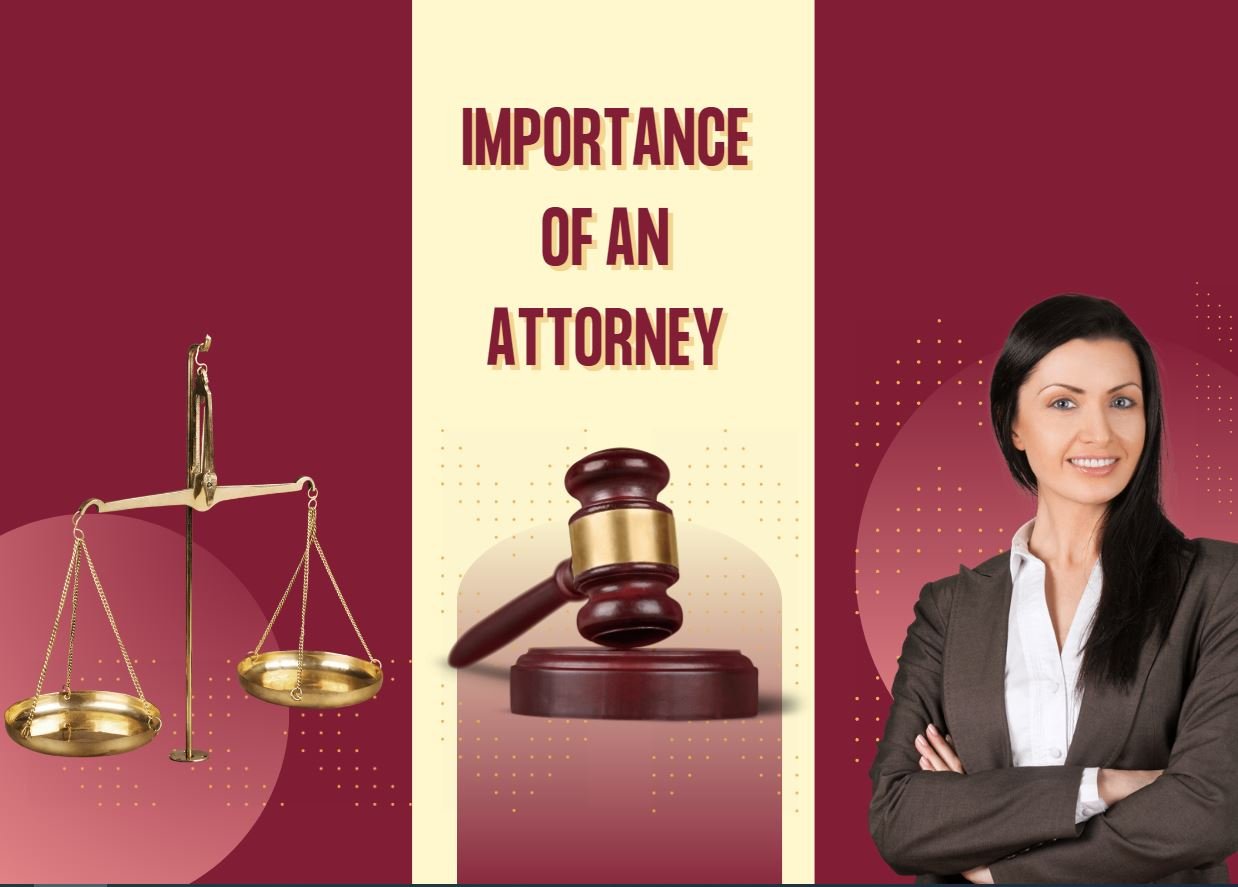-
Introduction to Attorneys
Lawyers, also called attorneys, are legal practitioners who have undergone training and been licensed to practice law. They perform several roles within the legal system including, but not limited to: representing their clients’ interests in a court of law; handling complex legislation; and justice delivery. Lawyers have specialist command on the law and have acquired skills of interpreting it as well as applying its principles in order to resolve conflicts, draft legal papers and provide advice on different legal issues.
-
The Role of Attorneys in Society
Attorneys play a critical role in society by ensuring the supremacy of the rule of law, protecting individual rights, and promoting fairness and impartiality. They act on behalf of individuals during trial proceedings such as litigation or negotiation processes thus pressing for their rights recognition under applicable laws. In addition, they take part in drafting and reviewing important documents like contracts, wills and deeds so that they meet all statutory provisions set forth by relevant bodies. Moreover, they offer significant counsel pertaining to these subjects thereby assisting businesses or even people with various intricate matters concerning rule norms while making wise choices.
-
Importance of Legal Representation
The importance of legal representation by a lawyer cannot be overemphasized for individuals as well as companies who might have to go through a legal process or protect their rights and interests. A lawyer is capable of handling the lawsuit properly on behalf of his or her client through the system due to having got experience and expertise in law, offering guidance throughout the entire process and speaking out for his or her client. Getting caught up with criminal charges, engaging in civil litigation or even only needing help on estate planning and similar issues like business transactions affirms how significant it is to have an attorney who will ensure that one gets fair judgment and the rights are not infringed upon.
-
Types of Attorneys and Their Specializations
To cater for various needs in different fields of study, lawyers deal specifically with certain branches of their field so as they can best serve their clients’ requirements within the law governing these areas. For example, some common types are criminal defense lawyers who represent defendants accused of criminal offenses in criminal courts whilst personal injury attorneys fight for wronged parties involved in accidents caused by other people’s negligence in civil courts. Other kinds include family law practitioners, real estate lawyers, corporate attorneys, immigration advocates or intellectual property consultants among others. By specializing in particular areas such as this enables an attorney to become more knowledgeable about his or her area and therefore better serve his or her clients’ needs accordingly.
- How to Find the Right Attorney for Your Needs
To locate an attorney who suits your particular case, several factors have to be considered like his experience, expertise and reputation. Another effective way of getting a lawyer is through referrals from trusted sources such as friends, family members or others in the legal profession. It is also worth carrying out online searches and reading reviews about attorneys’ track records and qualifications which will give you more information on them. In addition to these, it is important to hold meetings with prospective lawyers where one can evaluate their suitability in terms of personality fit and communication style towards the client’s case or legal needs. Eventually, selecting the right lawyer can be crucially momentous decision that will have deep impact on the upshot of your legal affair.
-
Tips for Working Effectively with an Attorney
To work successfully with an attorney, there must be effective communication as well as collaboration between parties involved. Aspects of being honest and transparent with your lawyer regarding all relevant details pertaining to your lawsuit or case are vital. Moreover, keeping open lines of communication by constantly responding promptly to any inquiries put across by your counsel facilitates smooth progress towards finalizing the litigation process at hand. Furthermore, one must believe in his/her advocate’s professionalism, listen to whatever they say and trust their guidance during court proceedings.
